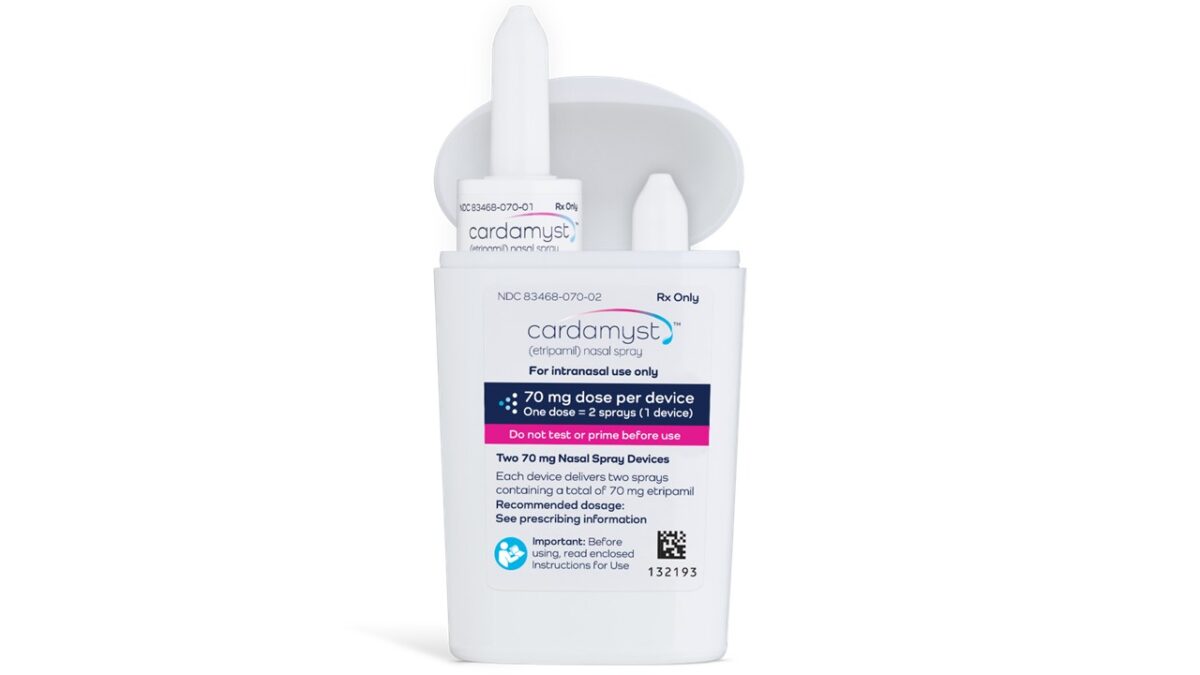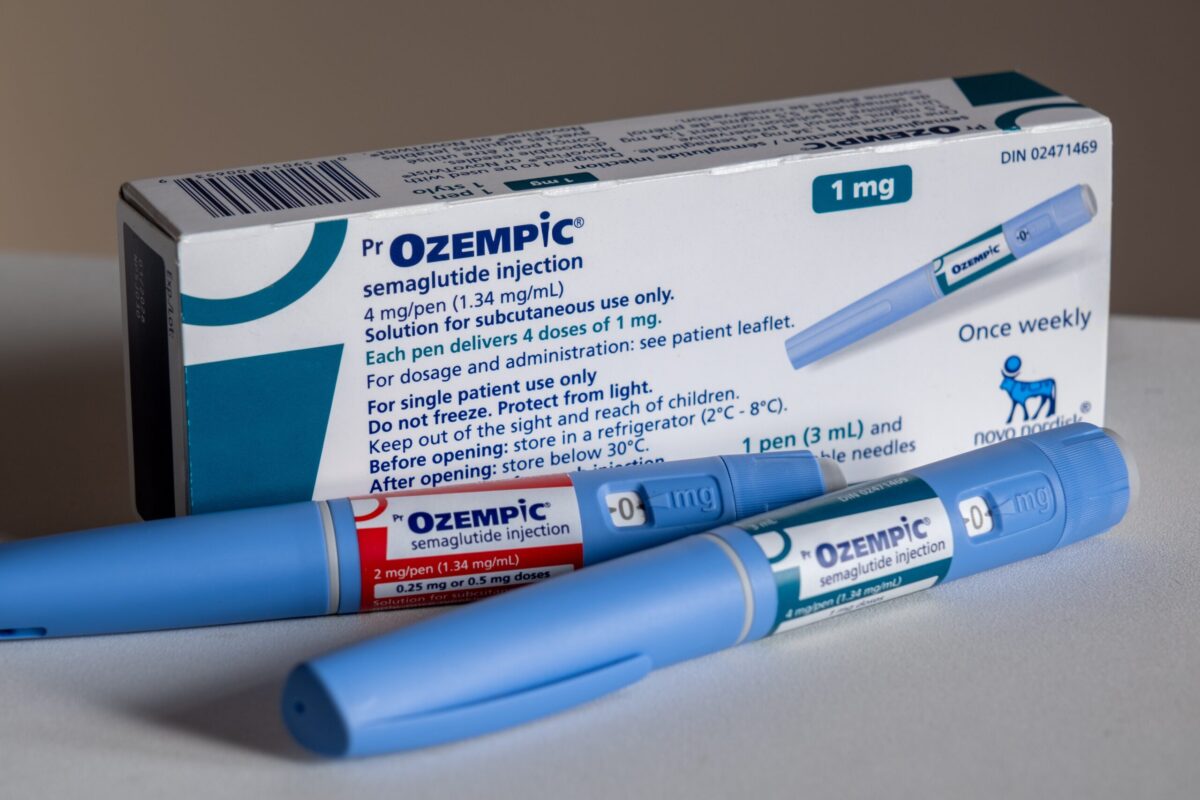The drug Kanuma (sebelipase alfa), developed for the treatment of lysosomal acid lipase (LAL) deficiency, has received a recommendation for a marketing authorization from the European Medicines Agency (EMA).
Symptoms for LAL deficiency range from diarrhea and malabsorption to enlargement of the liver and growth failure. Though this rare condition affects infants, children and adults, the most severe form – called Wolman disease – is most often fatal for infants under 12 months.
LAL is an enzyme responsible for the degradation of lipids such as cholesteryl esters and triglycerides. Patients with LAL deficiency are unable to produce enough functional LAL leading to an accumulation of fats in the liver and blood vessels, as well as a number of other vital organs.
With no approved treatment for this deficiency and a high infant mortality rate, the Committee for Medicinal Products for Human Use (CHMP) – a division of the EMA – made the decision to fast-track assessments of Kanuma. The EMA’s recommendation to grant a marketing authorization for the therapy was made in an effort to expedite the availability of a new treatment for a previously untreatable condition.
Kanuma was developed by Synageva BioPharma, a recent acquisition of Alexion Pharmaceuticals, as an orphan drug to treat infants, children and adults with LAL deficiency. It is designated as a long-term replacement therapy as its active agent – sebelipase alfa – is a recombinant human lysosomal acid lipase which is able to replace the activity of the missing/inactive endogenous LAL in deficient patients. Sebelipase alfa is the first recombinant enzyme isolated from egg albumin produced by transgenic hens.
Four studies comprising a total of 106 patients with LAL deficiency were undertaken to determine Kanuma’s safety and effectiveness across a range of age groups. These clinical trials showed significant improvement for patients, including an increased survival rate for infants under 6 months with LAL deficiency.
Common side effects for Kahuma included hypersensitivity, transient hyperlipidemia, and induction of anti-drug antibodies (ADAs). Hypersensitivity was more common in infants which prompted the CHMP to recommend long-term monitoring of allergic reactions, as well as ADA levels in infants and adults.
Along with the recommendation from the EMA, the US Food and Drug Administration (FDA) has given Kahuma Priority Review for its Biologics License Application (BLA).
Sources:
- Ema Fast-Tracks Enzyme Replacement Therapy For Lysosomal Acid Lipase Deficiency – http://www.lifescienceleader.com/doc/ema-fast-tracks-enzyme-replacement-therapy-for-lysosomal-acid-lipase-deficiency-0001
- LAL Deficiency and Sebelipase Alfa – http://alexion.com/Research-Development/OurResearch/LAL-Deficiency-and-Sebelipase-Alfa
- FDA Accepts BLA Filing For Synageva’s Kanuma™ (Sebelipase Alfa); Grants Priority Review And Assigns PDUFA Date – http://www.prnewswire.com/news-releases/fda-accepts-bla-filing-for-synagevas-kanuma-sebelipase-alfa-grants-priority-review-and-assigns-pdufa-date-300039456.html












Join or login to leave a comment
JOIN LOGIN